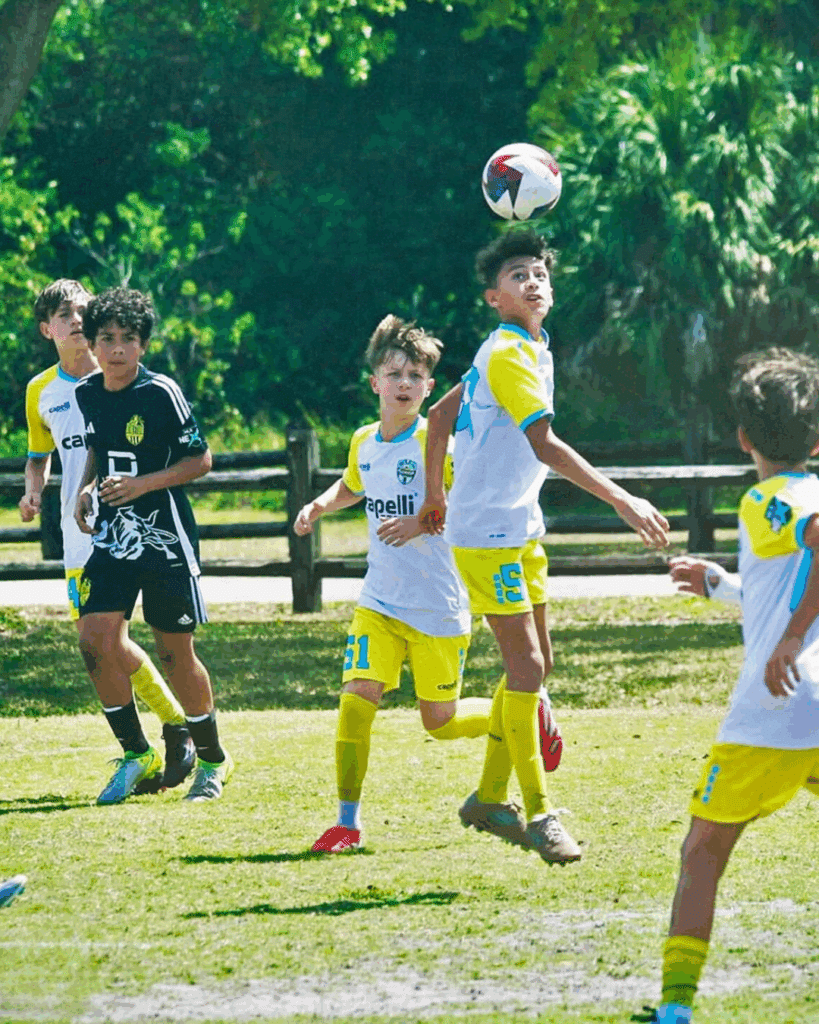Bringing You the Best in Youth Soccer 🔥
MLS NEXT, ECNL, Girls Academy, National Academy League, USYNT and more.
LATEST NEWS
Reader’s Favs
Youth Soccer Levels in the U.S. Explained
Youth soccer in the U.S. has experienced significant changes over the past decade. But, let…
10 Things I Wish I Knew Before Signing My Son Up for Club Soccer
Club soccer is more than just tryouts and Saturday games—it’s a full family commitment that…
MLS NEXT Announces New Homegrown & Academy Divisions
MLS NEXT just shook up youth soccer in a major way by creating two brand-new…
Play the Sport, Not the Position
The secret to becoming a well-rounded soccer player isn’t mastering one position—it’s embracing every opportunity…
MLS NEXT Bold New Changes for 2025-26
MLS NEXT just dropped some major news that will change how youth soccer works in…
What Level Should My Kid Be Playing At?
The most important thing to remember? Your child’s soccer journey is unique, and the “right”…
Is Playing Soccer Year Round All That Bad?
Most youth soccer club seasons start in August and end in June. Is that too…
Salt Bags For Soccer – Personal Review
As a soccer parent, I finally found the one thing that saves my car from…



































